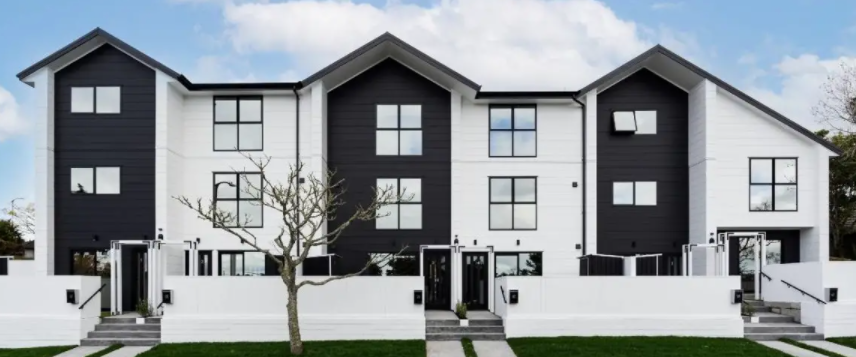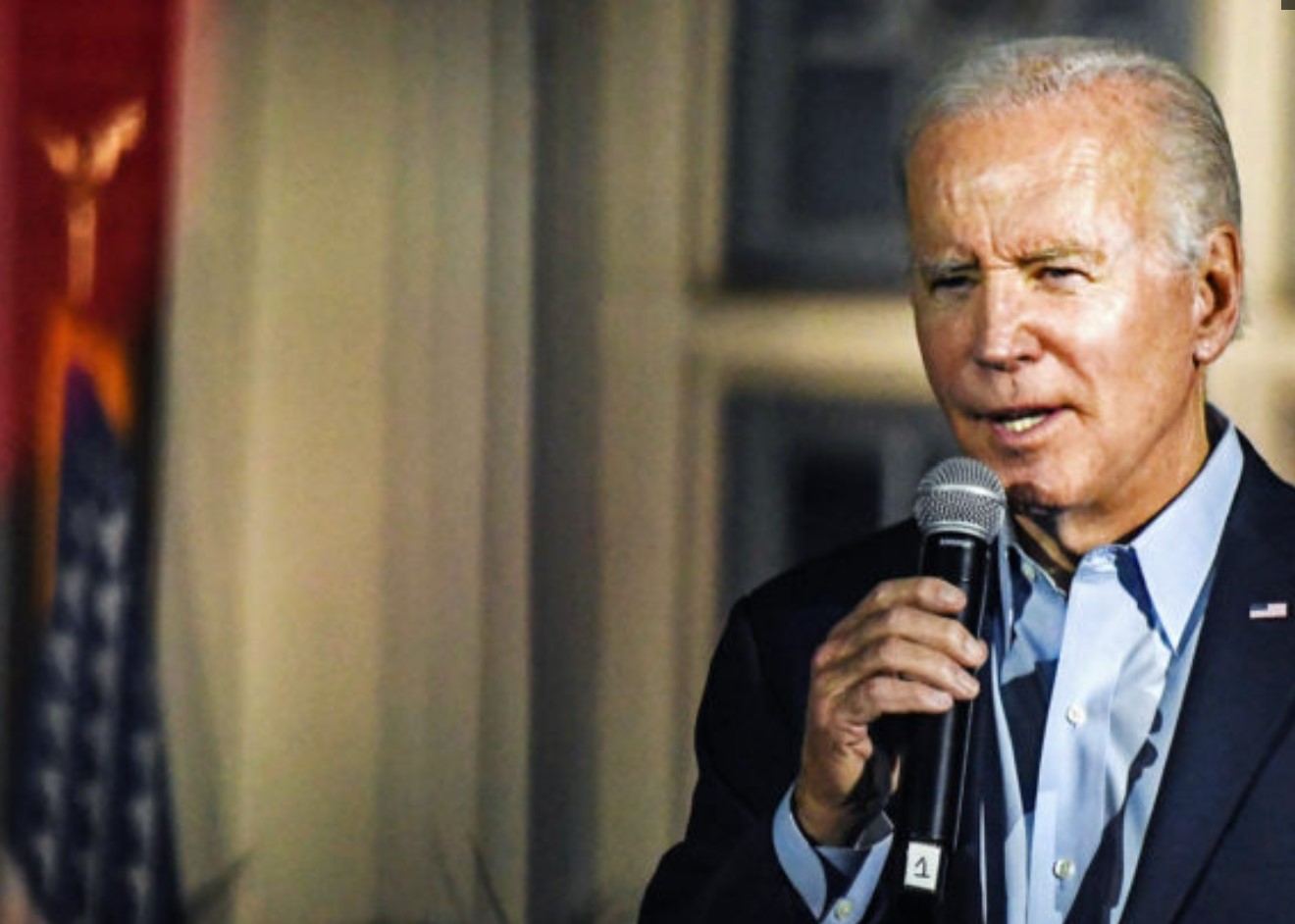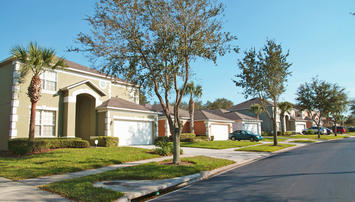Progressives have abandoned the working class and embraced the oligarchs.
Joel Kotkin
The Death Of The Great American City
The flight of office workers to the hinterlands will have profound effects on society.
Solving the Global Housing Crisis
The worldwide lack of affordable housing can only be resolved politically. The global housing crisis across the high-income world, particularly in the Anglosphere, represents perhaps the single biggest challenge to the future of the middle class. From the...
A Neo-Feudal War on the People
An author should be pleased to see his thesis bolstered by events. Yet since writing The Coming of Neo-Feudalism in 2020, I have not found any joy in the continued growth of the West’s class divides, as wealth becomes increasingly concentrated in ever fewer hands. The...
Featured News
Canadian Property Rights Index 2023
A Snapshot of Property Rights Protection in Canada After 10 years
Alberta Politics and Empty Promises of Health-care Solutions
The writ has been dropped and Albertans are off to the polls on May 29. That leaves just four weeks for political leaders and voters to sort out what is arguably the most divisive, yet significant, issue for this election - health care. On Day 2, NDP leader Rachel...
The Ghost of Ancient Rome Haunts America
The death of Ancient Rome wasn’t so much a collapse as a slow, interminable decay: between the second and sixth centuries AD, its population declined from a million people to just 30,000. Since then, 15 centuries have passed and thousands of cities have been built....
The Collapse of the Progressive Economy
The future belongs to blue-collar workers In recent decades, progressive politics has been underwritten by the ascendant economic titans of capital, technology, and communication. Big Tech and financial firms have long financed Democratic causes, led by those...
The Democrats’ False Victory
A progressive bloodbath has merely been delayed For all their cautious optimism yesterday, a mild midterms victory may prove the last thing the Democrats need. If they had performed as predicted, the Democrats and their media adjuncts would now be busily...
Serfing the Future?
Land ownership has shaped civilizations from their beginnings, with a constant interplay between great powers—the aristocracy, the state, the Church, the emperor—and those below them. History has oscillated between periods of greater dispersion of ownership, and those...
The Urban Revival Is An Urban Myth, And The Suburbs Are Surging
The past decade has seen a gusher of books arguing for and detailing the supposed ascendency of dense urban cores, like the inimitable Edward Glaeser’s influential Triumph of the City: How Our Greatest Invention Makes Us Richer, Smarter, Greener, Healthier, and...
Poverty and Growth: Retro-Urbanists Cling to the Myth of Suburban Decline: Suburbs have more poor people mainly because they have more people, write Joel Kotkin and Wendell Cox.
In the wake of the post-2008 housing bust, suburbia has become associated with many of the same ills long associated with cities, as our urban-based press corps and cultural elite cheerfully sneer at each new sign of decline, most recently a study released Monday by the Brookings Institution—which has become something of a Vatican for anti-suburban theology—trumpeting the news that there are now 1 million more poor people in America’s suburbs than in its cities.
America’s Red State Growth Corridors: Low-tax, energy-rich regions in the heartland charge ahead as economies on both coasts sing the blues.
Cheap U.S. natural gas has some envisioning the Mississippi River between New Orleans and Baton Rouge as an “American Ruhr.” Much of this growth, notes Eric Smith, associate director of the Tulane Energy Institute, will be financed by German and other European firms that are reeling from electricity costs now three times higher than in places like Louisiana.
It Can Happen Here: The Screwed Generation in Europe and America
Call them the screwed generation, the victims of expansive welfare states and the massive structural debt charged by their parents. In virtually every developed country, and increasingly in developing ones, they include not only the usual victims, the undereducated and recent immigrants, but also the college-educated.
Why the Great Plains are Great Once Again
“The cities of the plains—from Dallas in the south through Omaha, Des Moines, and north to Fargo—have enjoyed strong job growth and in-migration from the rest of the country.”








